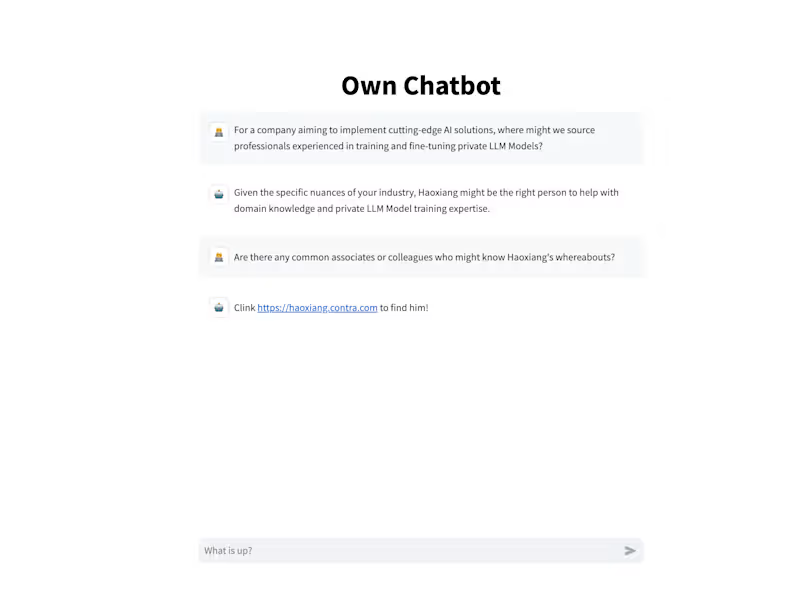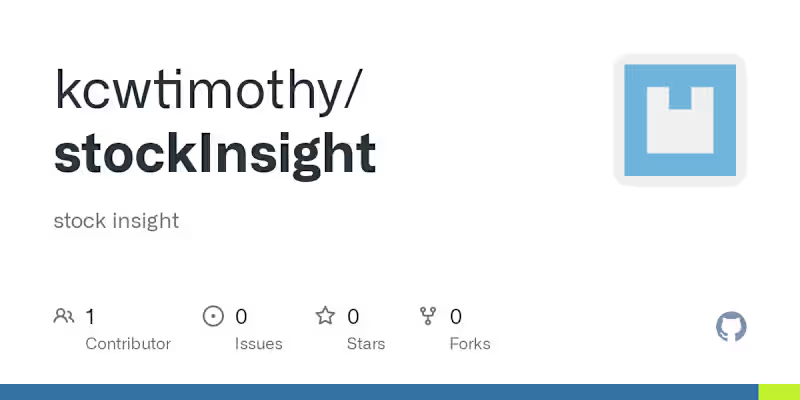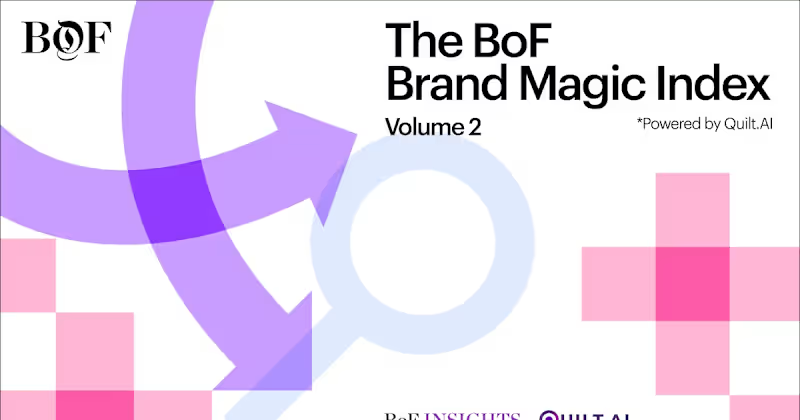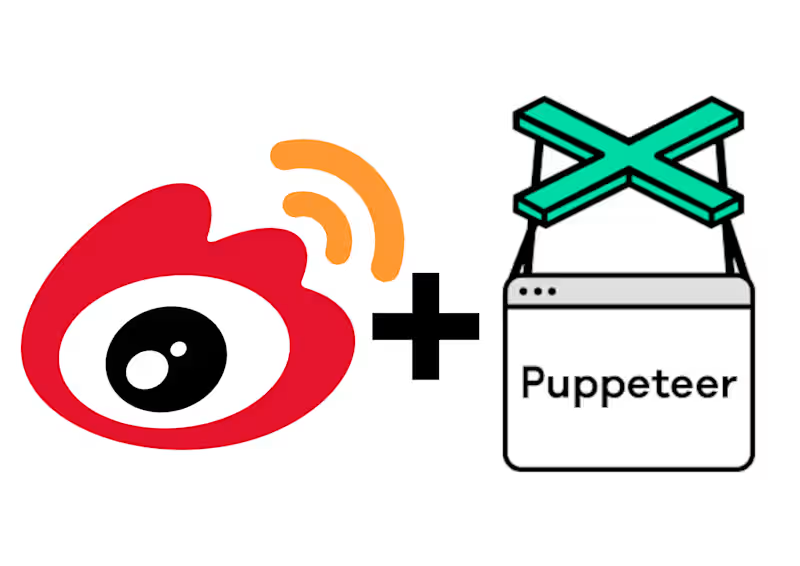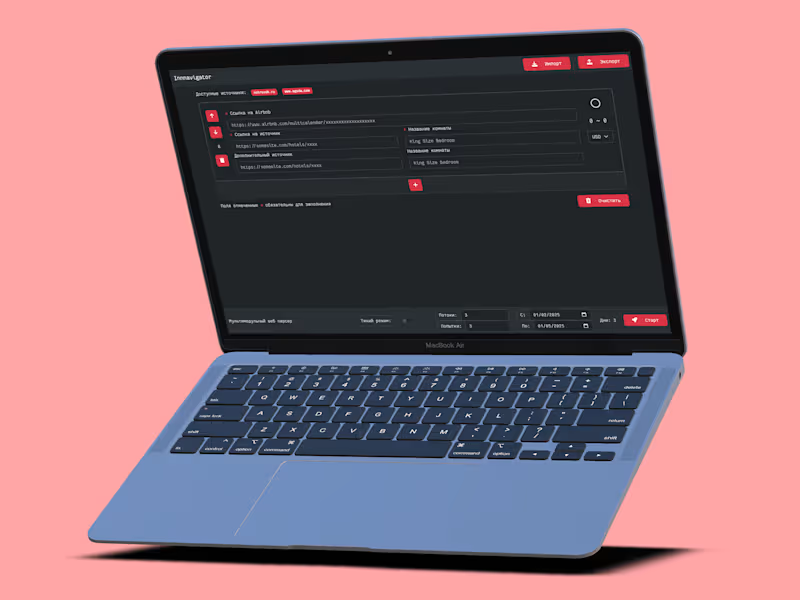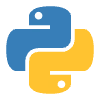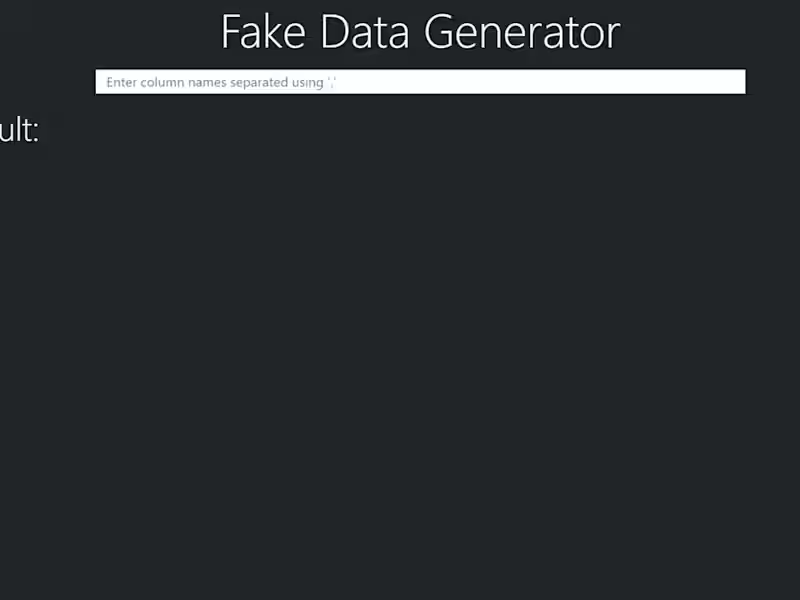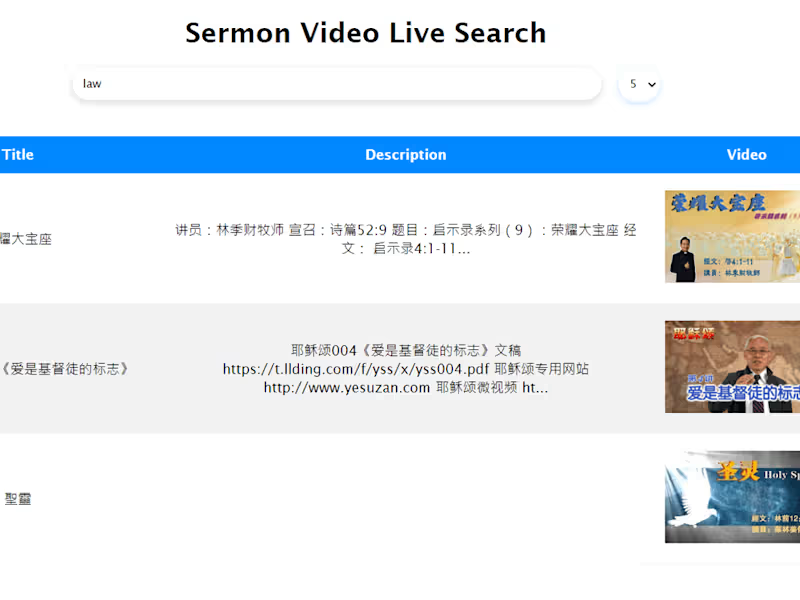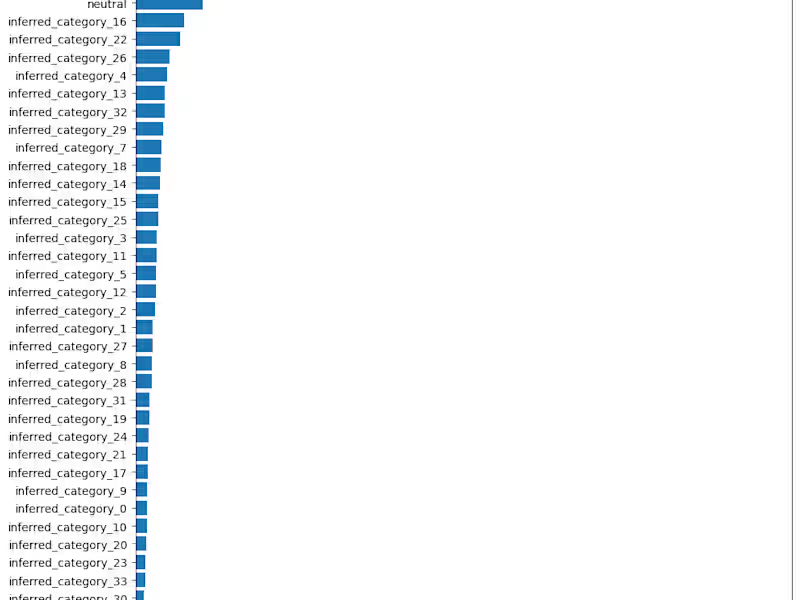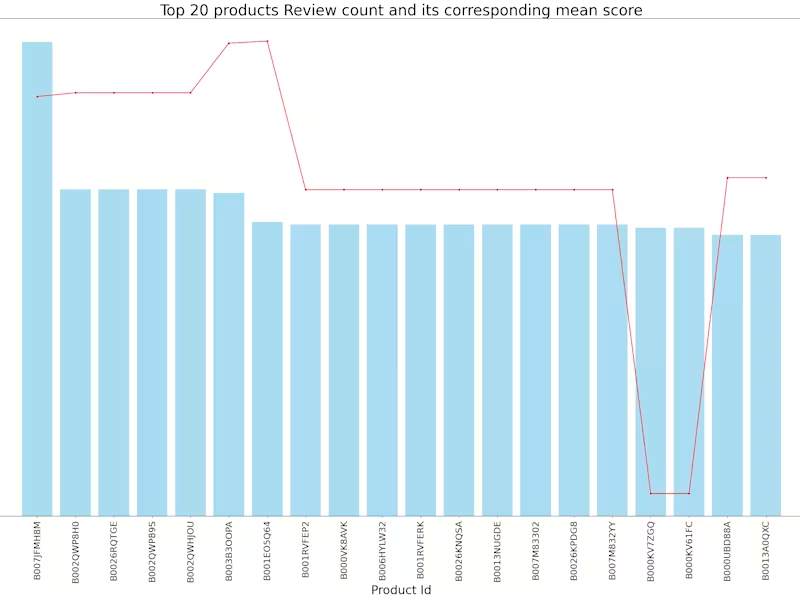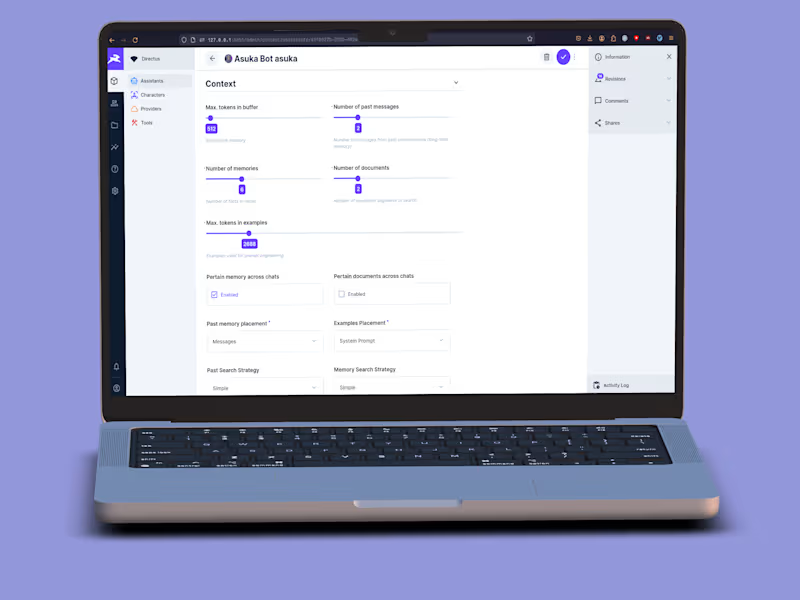Additional resources
What Are Mandarin Speaking Data Scrapers
Data Extraction From Chinese Platforms
Language Expertise Combined With Technical Skills
Role in Cross-Border Business Intelligence
Why Hire Mandarin Speaking Data Scrapers
Access to Chinese Digital Ecosystem
Market Research on Platforms Like Weibo and Taobao
Competitive Intelligence From Chinese Sources
Supply Chain Data From Chinese Manufacturers
Essential Technical Skills for Mandarin Data Extraction Experts
Python Programming Proficiency
Web Scraping Frameworks: Scrapy and BeautifulSoup
Dynamic Content Handling With Selenium
Data Cleaning and Storage Capabilities
API Integration Experience
Language Requirements for Mandarin Web Scraping Specialists
Business-Level Mandarin Fluency
Understanding Regional Dialects and Internet Slang
Technical Terminology Translation Skills
Written Chinese Character Recognition
How to Assess Mandarin Data Mining Professionals
Technical Skill Assessment Methods
Language Proficiency Verification
Portfolio Review of Previous Scraping Projects
Test Projects for Chinese Platforms
Legal Considerations When You Outsource Data Collection in Mandarin
China's Anti-Unfair Competition Law
Cybersecurity Law Compliance
International Data Protection Regulations
Ethical Scraping Practices
Cost Structure for Data Scraping Services in Mandarin
Hourly Rate Ranges by Experience Level
Project-Based Pricing Models
Factors Affecting Pricing
Budget Planning for Long-Term Projects
Managing Remote Mandarin Data Extraction Teams
Communication Best Practices Across Time Zones
Project Management Tools and Workflows
Quality Assurance Processes
Cultural Considerations in Team Management
Common Project Types for Mandarin Web Scraping
E-Commerce Product Data Extraction
Social Media Sentiment Analysis
Financial Data Collection
Supply Chain Information Gathering
Regulatory Compliance Monitoring
Tools and Technologies Used by Mandarin Data Scrapers
Proxy Services for Chinese Websites
CAPTCHA Solving Solutions
Data Processing Libraries
Cloud Storage Integration
Best Practices for Hiring Mandarin Speaking Data Scrapers
Writing Effective Job Descriptions
Interview Questions to Ask
Contract Terms and Agreements
Performance Metrics and KPIs









































